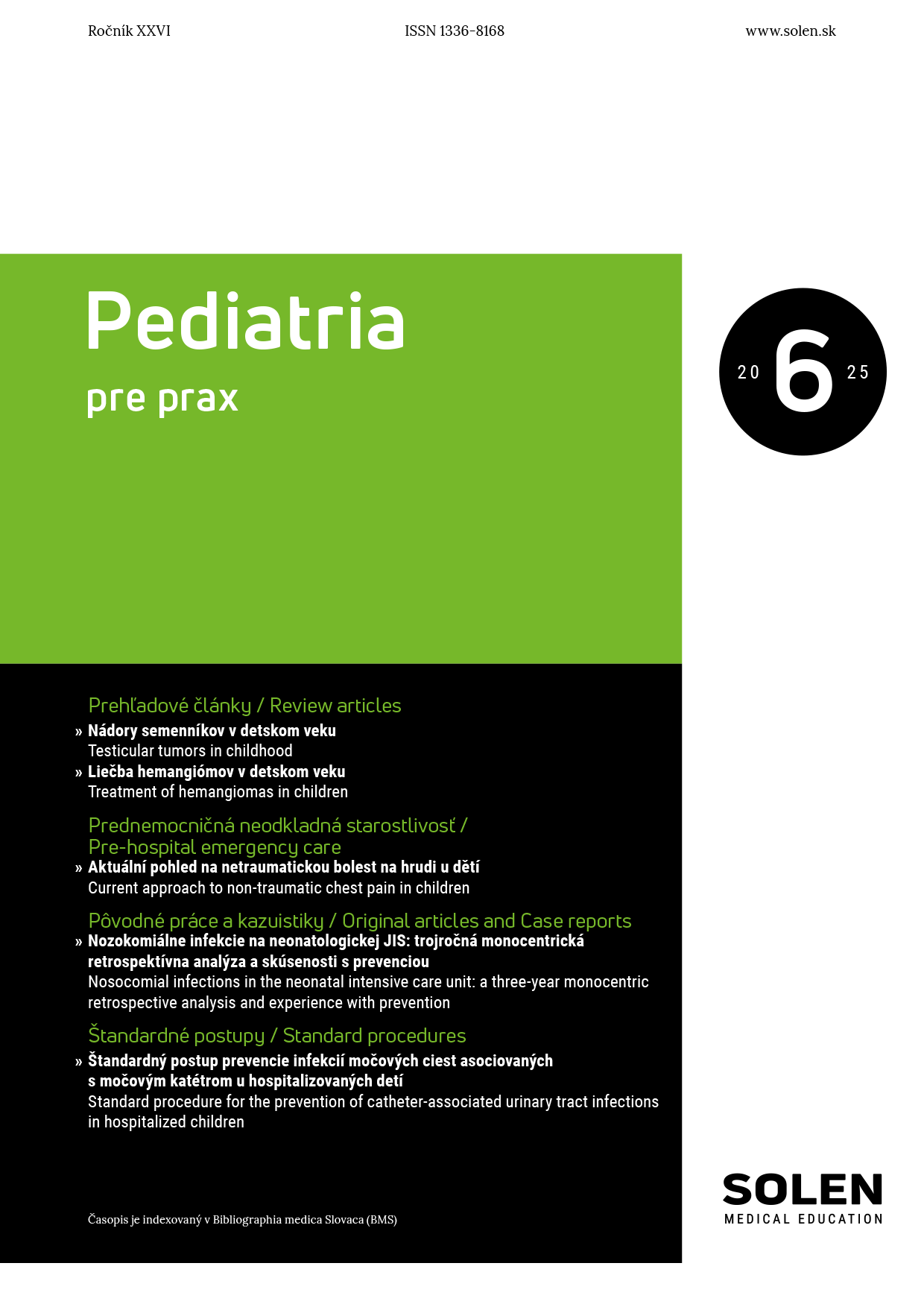Paliatívna medicína a liečba bolesti 1-2e/2023
Skúsenosti mexicko-amerických rodinných príslušníkov s umieraním blízkeho doma počas COVID-19
Regina Scheitel, MSW, MA, Mgr. Natália Krišteková
Tento príspevok sa zameriava na prípadovú štúdiu staršej mexickej Američanky umierajúcej v domácnosti počas pandémie COVID-19 a na skúsenosti rodinných príslušníkov počas tohto obdobia. Tieto skúsenosti zahŕňajú interakciu so službami hospicovej starostlivosti poskytovanými v kontexte pandémie COVID-19. Dôraz na rodinu a koncept „rodinkárstva“ je dôležitým fenoménom, ktorý je dôležité zvážiť pri skúmaní hospicových situácií medzi mexicko-americkými komunitami a je tiež diskutovaný v kontexte daného prípadu. Ako forma zberu údajov boli použité epizodické rozhovory s rodinnými príslušníkmi, ktorí sa pokúšali poskytnúť emocionálnu podporu na diaľku v dôsledku obmedzení spôsobených pandémiou. Skúsenosti týchto rodinných príslušníkov sú analyzované pomocou interpretačnej fenomenologickej analýzy. Analýza tak prináša pohľad na skúsenosti opatrovateľov, ako aj iných rodinných príslušníkov v situáciách, kde je prítomná hospicová starostlivosť a tieto skúsenosti sú zvážené v kontexte kultúrnych faktorov.
Kľúčové slová: pandémia COVID-19, umieranie, rodina, hospicová starostlivosť
The experiences of Mexican American family members with a loved one dying at home during COVID-19
This paper focuses on a case study of an elderly Mexican American woman dying within the home during the COVID-19 pandemic and the experiences of family members throughout this period. These experiences include the interaction with hospice care services provided in the context of the COVID-19 pandemic. The emphasis on family and the concept of „familismo” is an important phenomenon to consider when examining hospice situations among Mexican American communities and is also discussed in the context of the case. Episodic interviews were utilized as the form of data collection and focused on family members attempting to provide emotional support from a distance due to COVID-19 restrictions. These experiences are analyzed using interpretive phenomenological analysis. The analysis thus provides insight into the experiences of caregivers as well as other family members in situations where hospice care is present and these experiences are considered in the context of cultural factors.

















